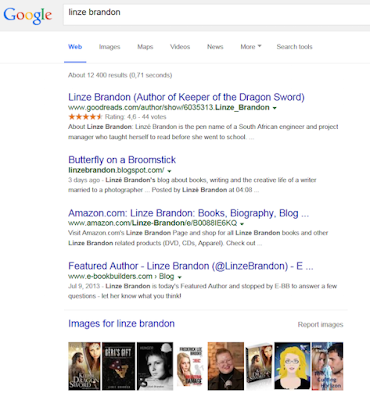Today I find myself in the murky waters where the planners excel and the pantsers shrink away in disgust (fear?) - the plot. Just as the planners are gleefully rubbing their hands together, I have to disappoint you, I have not converted. If the pantsers were about to dig out the razors to slit their wrists, I say, relax. It is not that bad. Being creative does not mean there is no rational thinking involved. Before despair blackens the horizon into eternal winter, let me tell you where I am coming from.
- You have to know what genre you want to write. There are guidelines (I am not going to call them rules) for the major genres that you need to know to be able to compose prose that your readers will want to read. Even if you are thinking about zombie romance with serial killer dystopian undertones. Follow your gut and write in whichever genre you want, zombies and vampires notwithstanding.
- By deciding the genre beforehand, your mind will already be plotting the story based on this genre. If you are not sure what genre it is, then write: end of the world story where undersexed teenagers are trying to overthrow the government. Not much for an actual plot, but it is a start.
- The plot is your compass. It helps to tell you the direction your story is going. Planners have a smart compass - it can tell the future. Their compasses know that around the next corner there is a monster lurking that needs to be defeated by the hero. A Pantser's compass is intuitive - it doesn't know there is a monster lurking, but it puts butterflies in your hero's stomach when he approaches that corner.
If you want to see what the other participants are blogging about, you can find their blogs here. Why not pop on over and leave a comment?































